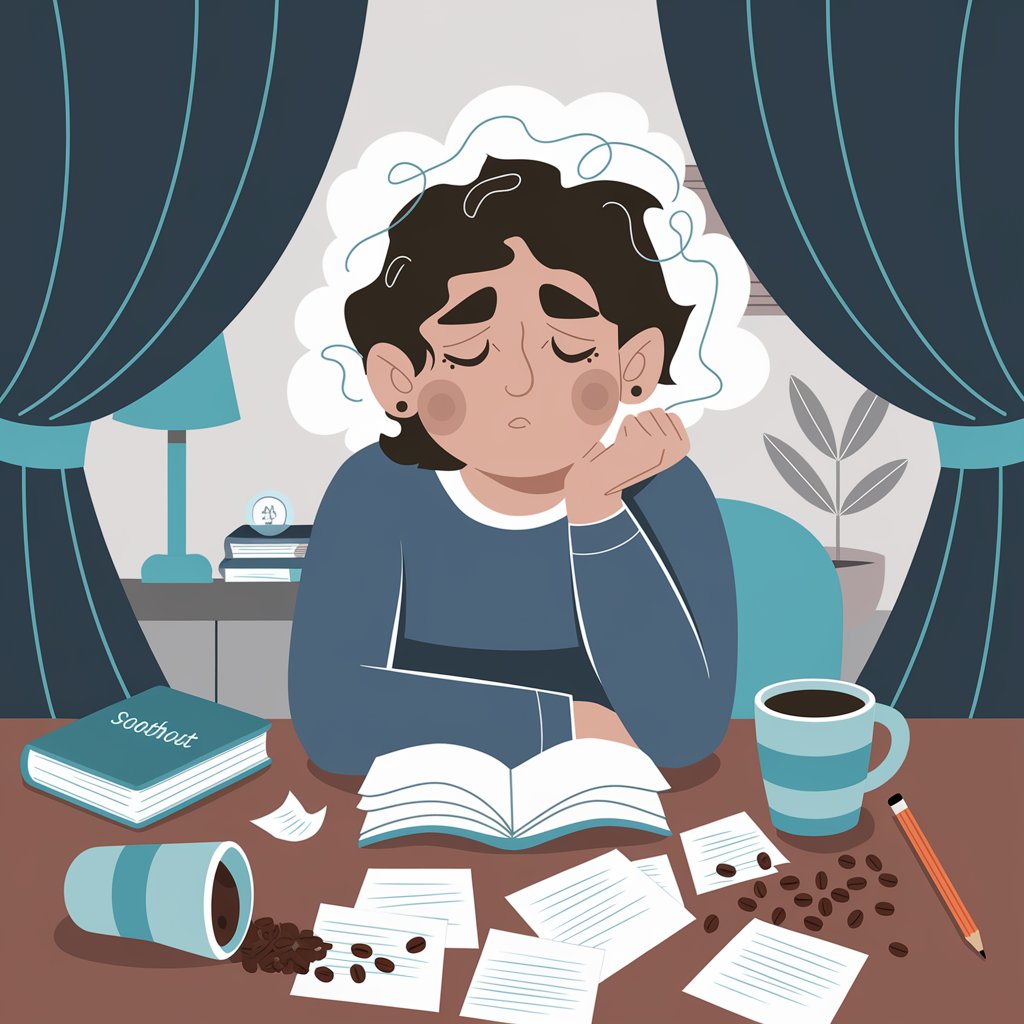Table of Contents
Introduction
Do you ever find yourself struggling to get quality sleep, even though you spend hours in bed? You’re not alone. Many people today are finding it harder to get the restful sleep they need, and often turn to expensive gadgets or supplements to fix the problem. But what if I told you that you could improve your sleep quality for free by making just a few simple changes? In this guide, I’m going to show you five easy adjustments that can make a world of difference, allowing you to wake up feeling refreshed and ready to take on the day—without spending a dime.
1. Create a Consistent Sleep Schedule
The Power of Routine
One of the most effective, yet often overlooked, ways to improve sleep quality is maintaining a consistent sleep schedule. This means going to bed and waking up at the same time every day—even on weekends. Your body has an internal clock, known as the circadian rhythm, which controls your sleep-wake cycle. By sticking to a regular schedule, you help your body align its natural rhythms, making it easier to fall asleep and stay asleep.
Example: Think of your sleep schedule like a daily meeting you can’t miss. Over time, your body will begin to prepare for sleep naturally, making it easier to drift off without endless tossing and turning.
For more on how simple changes to your routine can improve your sleep, check out 5 Simple Changes to Improve Your Sleep Quality for Free and Wake Up Feeling Amazing.
2. Optimize Your Sleep Environment
Light, Noise, and Temperature
Your sleep environment plays a crucial role in how well you rest. Take some time to make small changes to your bedroom that can lead to big improvements in sleep quality.
- Dim the lights: Reduce exposure to artificial light at least an hour before bedtime. Bright light confuses your brain into thinking it’s still daytime, which disrupts your natural sleep cycle.
- Reduce noise: If you live in a noisy area, try using earplugs or a white noise machine. Silence or soothing sounds can keep you from waking up throughout the night.
- Cool it down: Keeping the temperature in your bedroom cool (around 65°F or 18°C) helps signal to your body that it’s time to sleep, as your body temperature naturally drops at night.
If you think your sleep troubles might stem from deeper issues, you might want to look at these 8 Signs You Need More Sleep and How to Achieve It Cheaply.
3. Limit Caffeine and Sugar in the Evening
The Truth About Evening Snacks
We all enjoy a little indulgence now and then, but if you’re having trouble sleeping, it’s worth reconsidering that late-night coffee or sugary treat. Both caffeine and sugar can keep your body in an alert state, making it harder for you to relax and fall asleep.
Tip: Try to avoid caffeine after 2 PM and cut down on sugar-heavy foods in the evening. If you’re craving a bedtime snack, reach for something high in magnesium, like almonds, which helps relax your muscles and prepare your body for rest.
For more budget-friendly ways to relax and wind down, take a look at these 10 Budget-Friendly Self-Care Practices for Stress Relief.
4. Unplug from Technology Before Bed
Why Blue Light Matters
Screens are everywhere—from your phone to your TV—and while they’re great for entertainment, they can wreak havoc on your sleep. The blue light emitted by these devices interferes with melatonin production, the hormone that helps you fall asleep.
Actionable Advice: Aim to unplug from all screens at least 30 minutes before bedtime. Replace this time with calming activities like reading a book, meditating, or listening to relaxing music. If you must use your devices, consider installing a blue light filter to minimize the impact on your sleep.
5. Practice Relaxation Techniques
Calm the Mind, Relax the Body
One of the best ways to improve sleep quality is learning how to calm both your mind and body. Stress and anxiety are two major culprits that prevent you from falling asleep and staying asleep. Incorporate relaxation techniques into your bedtime routine to prepare for restful slumber.
- Deep breathing exercises: Try taking slow, deep breaths in for a count of four, holding for four, and exhaling for four. This helps activate your body’s relaxation response.
- Progressive muscle relaxation: Start by tensing and then relaxing different muscle groups in your body, working from your toes up to your head. This helps release tension you may not even realize you’re holding.
You can further enhance your mindfulness routine with these 6 Ways to Enhance Your Meditation Practice with Free Resources.
Conclusion
Improving your sleep quality doesn’t have to be expensive or difficult. By making these five simple, free changes—creating a consistent sleep schedule, optimizing your sleep environment, limiting caffeine and sugar, unplugging from technology, and practicing relaxation techniques—you can significantly enhance the quality of your sleep. Small changes lead to big results, and the best part is, you won’t need to spend a single penny to enjoy a better night’s rest.
Which of these changes will you try tonight? Start with just one, and see how it transforms your sleep quality. If you found this article helpful, share it with friends who could also use some better sleep—and drop a comment below to let us know which tip worked best for you!
